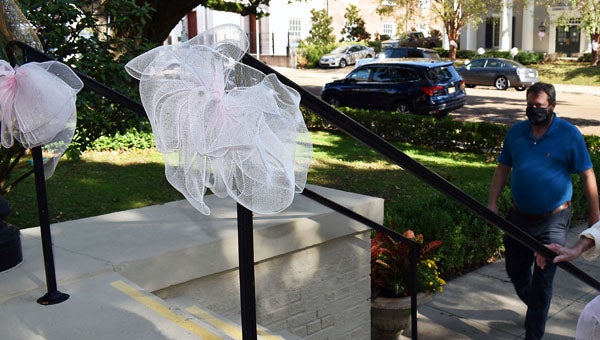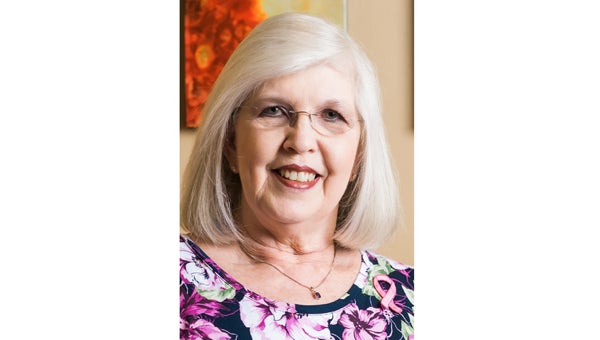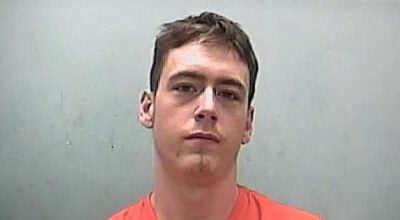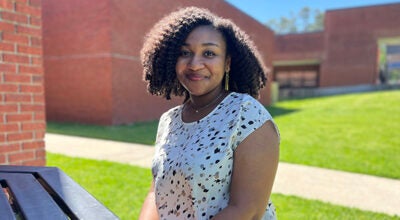Breast cancer survivor credits mammography
Published 9:44 pm Tuesday, October 27, 2020
|
Getting your Trinity Audio player ready...
|
NATCHEZ — A spot no bigger than 4 millimeters in diameter was life-changing for Sallie Tapley, she said.
Tapley, who is a 67-year-old resident of Natchez, said she initially did not think too much of the tiny spot that showed up on a routine mammogram on Aug. 28, 2019, which she later found out was Stage 1 breast cancer.
“I have a family history of breast cancer so I always went for my mammograms on a yearly basis at least for the last 20 years,” she said.
During her August 2019 appointment, Tapley said she was greeted by Sharree Griffin, mammography and radiology technologist at Merit Health Natchez, who was excited about a 3D mammography machine that was new to the hospital and that Tapley had never used before.
“(Griffin) always made you feel comfortable about going (for a mammogram) when you are nervous,” Tapley said. “She showed me the picture and I couldn’t see anything abnormal that I wouldn’t have noticed. I didn’t think anything was going to be wrong.”
A few days later, Tapley said she got a call and was told she needed to come back for an ultrasound due to an abnormal spot found in her 3D scans.
Tapley was not alarmed by the call and assumed the abnormal spot was a cyst, she said.
“It was the size of a peppercorn,” Tapley said. “When I went back for the ultrasound, they had to really look hard for this little bitty spot. At first, I thought they weren’t going to be able to find it.”
During the ultrasound, Tapley was assured that the spot was different from a cyst and was scheduled for a needle biopsy with Jeff Flattmann, M.D.
While Tapley sat up in a chair by the mammography machine, Flattmann numbed the area and extracted a piece of the breast tissue exactly where the spot was located with a needle, she said.
“Just a few days later, (Sept. 23) he called me back with the news that it was breast cancer,” she said. “We discussed what my options were.”
Tapley said her grandmother, aunt and three of her first cousins all experienced breast cancer. Her cousins were all diagnosed within the last two or three years, she said, adding each member of her family experienced it differently.
“It’s a personal decision that you have to make for yourself,” she said. “My options were I could have a lumpectomy but I would have to have radiation if I did that. My other choice was a unilateral mastectomy where I could just take the cancer side off but I didn’t want to do that.”
After much thought, prayer and talking with family members and trusted friends who’ve had similar experiences, Tapley said she’d decided to have a double mastectomy with reconstruction.
Because she was Stage 1, Tapley did not have to have radiation therapy, which she hoped to avoid with a mastectomy, she said.
“The hardest part for me was deciding what to do, but I think I did the right thing. Having the support of family, friends and a lot of people I knew helped me get through it — that and faith that I was going to be OK.”
Tapley is now one-year cancer-free. She was prescribed medication for five years and sees an oncologist once every three months.
“I definitely encourage everyone to have regular mammograms,” Tapley said. “My cancer was so small that it could not have been detected in any other way. If you do find out you have cancer, the main thing is deciding what is right for you. Every person may not feel comfortable doing the same as I did.”







